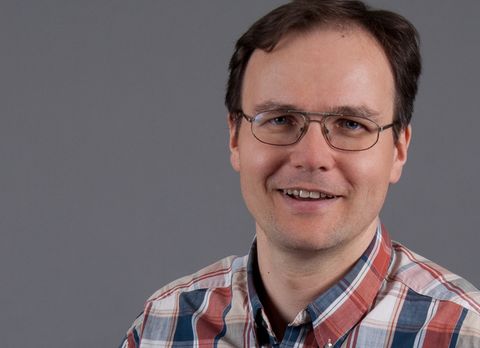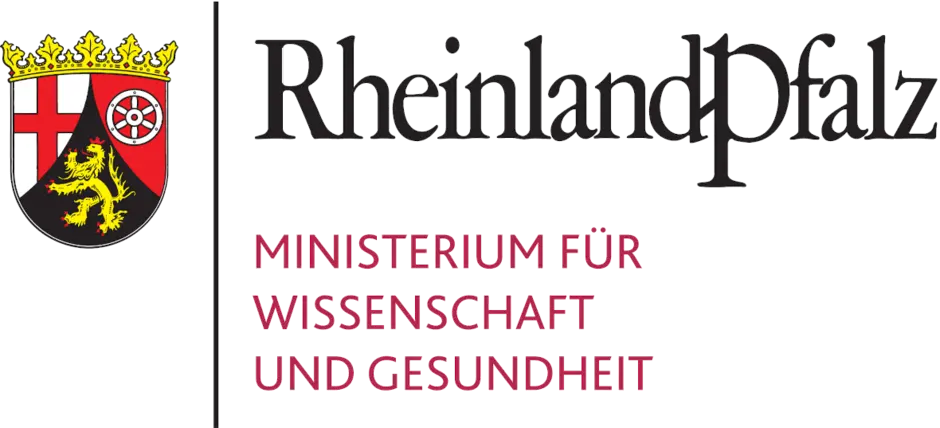Artificial intelligence systems are known for bringing together large amounts of data and deriving forecasts or decision proposals from it. The full potential and the associated social as well as industrial benefits of this technology unfold above all when the data is processed in real time in an overall system with regard to a specific application goal. Data obtained from people, machines and the environment, as well as from their interaction, originate, for example, from mobile devices, digital products, production or environmental sensors, or sensors from wearables. Application scenarios of such AI overall systems can be found in knowledge- and planning-intensive work processes from areas such as robotics, supply chains, production, service, intelligent mobility or even agriculture. In other words, everywhere where very heterogeneous environments require precisely fitting and adaptive processes that optimize themselves based on the available resources.
The guiding question of the research group "AI-based Self-Adaptive Cyber-Physical Process Systems (AI-CPPS)" is therefore: How can AI ecosystems be systematically realized in such a way that they enable sustainable and adaptive processes in complex application scenarios with the involvement of humans and machines? Typical challenges are: How great is the trust in the system, are the proposed solutions comprehensible? How flexible is the solution and how does the system react to unexpected requirements?
In the research college, scientists from the Environmental Campus Birkenfeld of Trier University (Institutes for Software Systems and for Technology Management) work together with computer scientists from the University of Trier in an interdisciplinary way. With initially nine jointly supervised doctoral students, they aim to make internationally competitive progress in this subject area. The spokespersons of the college are Prof. Dr. Stefan Naumann for the university and Prof. Dr. Ralph Bergmann for the university.
| Consortium | Trier University of Applied Sciences (Environmental Campus Birkenfeld), University of Trier |
| Duration | July 2020 - December 2023 |
| Funded by | Ministry of Science and Health Rhineland-Palatinate (in the program "Research Colleges Rhineland-Palatinate" for the promotion of cooperative doctorates) |
| Funding amount | 750,000 € (Trier University's share: 375,000 €) |


You are leaving the official website of Trier University of Applied Sciences